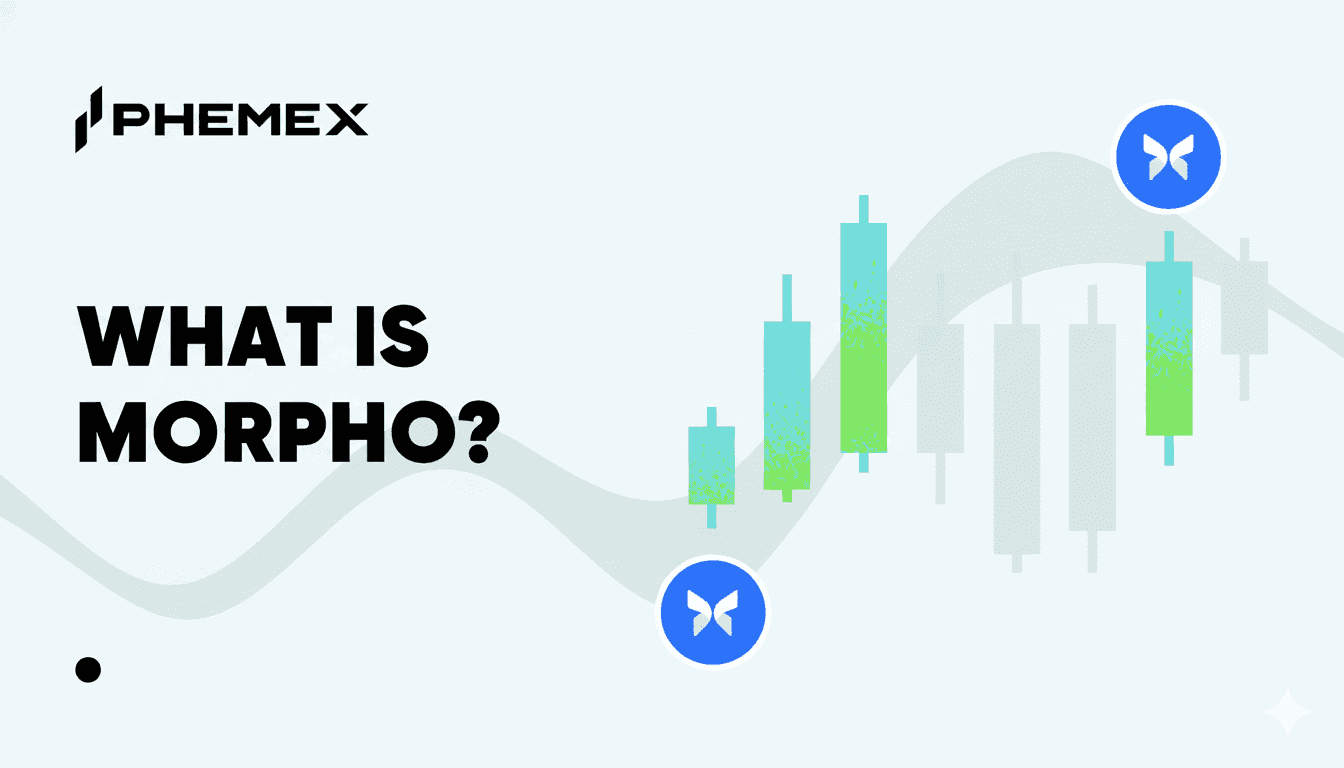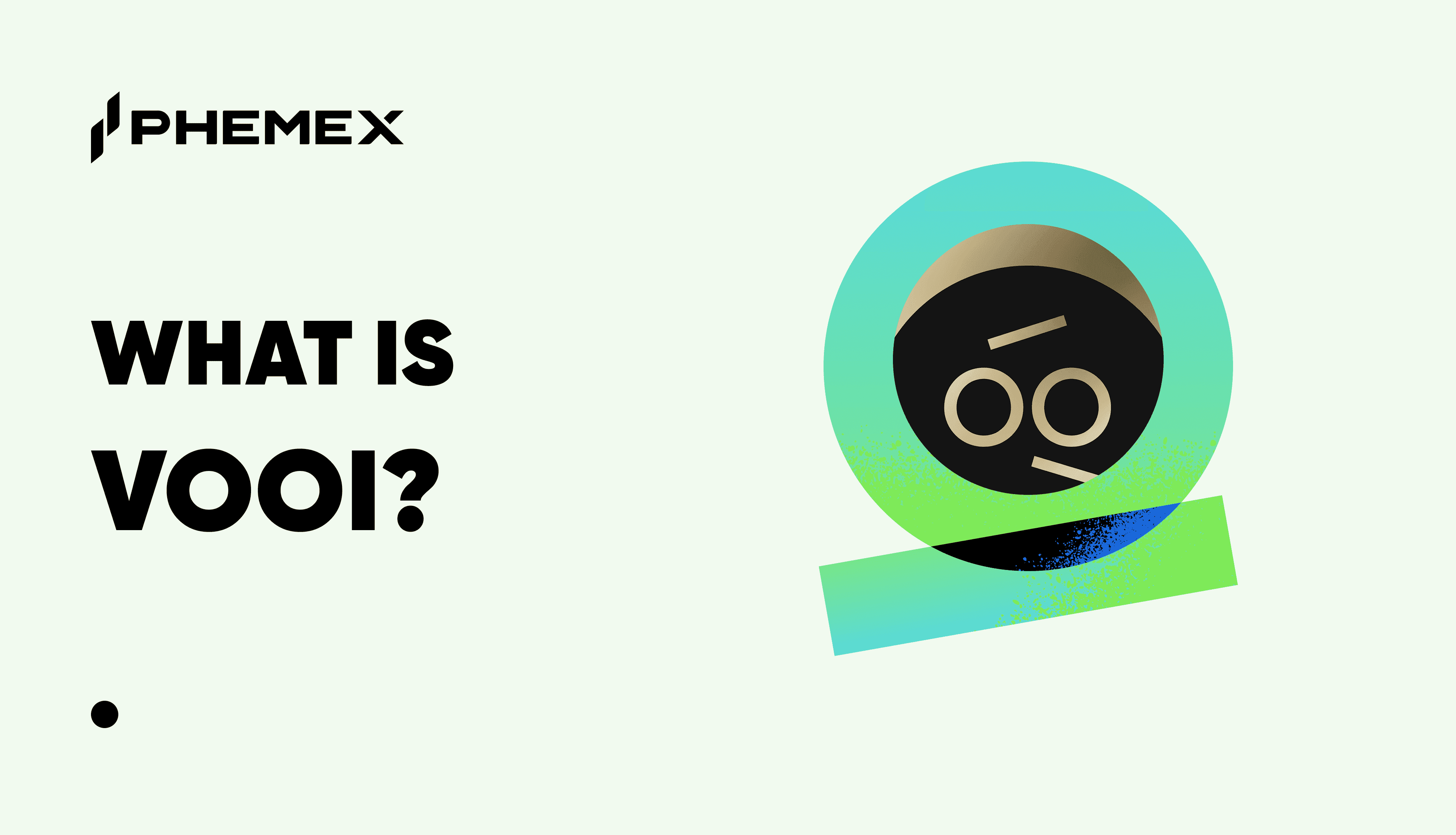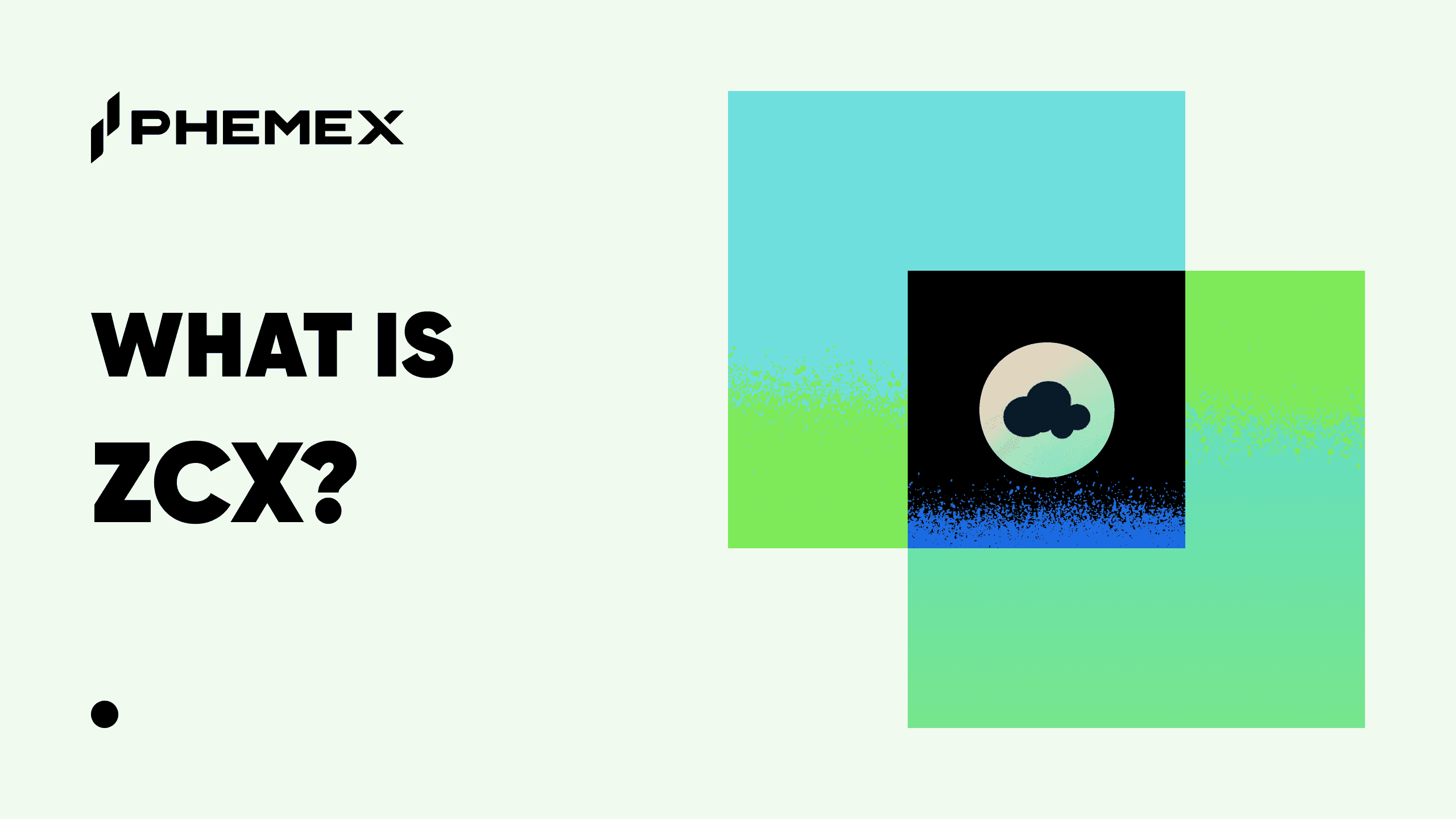What are Smart Contracts?
Smart contracts are self-operating programs that automate the execution of an agreement so that all participants can be immediately certain of the outcome, without any intermediary’s involvement or time loss. They can be used to facilitate, verify, and enforce the negotiation or performance of a contract. Smart contracts operate on blockchain technology, which supports Bitcoin among other uses, and allow transactions and agreements to be carried out among parties who may not necessarily trust each other without a central authority, legal system, or external enforcement.
How Smart Contracts Work
Smart contracts execute based on "if/when…then…" statements written into code on a blockchain. A network of computers carries out the specified actions once the conditions are met and verified, which can range from releasing funds to registering a vehicle, and upon completion, the blockchain is updated, making the transactions permanent and visible to permitted parties. These contracts can include numerous stipulations to ensure the task is completed to all parties' satisfaction. The terms require the participants to define the transaction's representation on the blockchain, the rules governing the transactions, possible exceptions, and a dispute resolution framework. Tools and templates are increasingly available to assist in creating smart contracts without the need for in-depth programming knowledge.
Benefits of Smart Contracts
The advantages of smart contracts include:
Speed, Efficiency, and Accuracy
Smart contracts automate tasks that are typically accomplished through manual processes, eliminating time delays and errors from handling paperwork.
Trust and Transparency
No intermediaries are involved, and transaction records are shared and unchangeable, ensuring all parties can trust that the information hasn't been tampered with for personal gain.
Security
Blockchain records are encrypted and extremely difficult to hack. Altering any single transaction record in the blockchain would require altering all subsequent records.
Savings
By eliminating intermediaries, smart contracts reduce extra costs and fees associated with them.
Smart Contract Uses
Smart contracts can be employed in various fields, including but not limited to:
- Facilitating transactions in business, such as a manufacturer paying a supplier for raw materials upon shipment or delivery.
- Managing real estate transactions to streamline buying and selling without traditional intermediaries.
- Automating stock and commodity trading to execute trades instantaneously when conditions are met.
- Simplifying and securing lending processes.
- Enhancing corporate governance through transparent and enforceable contracts.
- Optimizing supply chain operations by automatically triggering actions at various stages.
- Streamlining dispute resolution with pre-agreed terms.
- Improving healthcare management through secure and efficient patient data handling and consent management.
FAQ
What Is an Example of a Smart Contract?
A basic example of a smart contract is the process of a consumer purchasing from a business. The contract automatically carries out the sale, transferring payment from the customer and ensuring the business delivers the product or service.
What Blockchain Has Smart Contracts?
Ethereum was the first blockchain to have built-in smart contract capabilities. Bitcoin later adapted to support smart contracts through its Taproot upgrade, which enabled it to interact with secondary layers where smart contracts are possible.
What Are Smart Contracts in Simple Terms?
Smart contracts are like automated agreements on a blockchain that ensure both parties in a transaction fulfill their obligations. They can automatically transfer funds and confirm transactions without needing a third party.
Why Are Smart Contracts Important?
Smart contracts are essential because they enable the creation of a wide range of decentralized applications (dapps), including DeFi applications that aim to revolutionize banking. They are immutable once deployed on the blockchain and facilitate complex transactions such as trading, loans, and insurance without intermediaries. Popular smart-contract-based applications include Uniswap for decentralized crypto trading, Compound for interest and loans, and USDC, a stablecoin pegged to the US dollar.
Using smart contracts and dapps can significantly streamline financial transactions. For instance, exchanging Ethereum for USDC can be done through Uniswap, which finds the best exchange rate and completes the trade without central oversight. Similarly, USDC can be deposited into Compound to earn interest. These processes are more efficient and secure compared to traditional financial systems, making global transactions and personal finance management more accessible.
Read More
- Top 8 Real-World Smart Contract Use Cases
- What is Contract Trading in Crypto & How does it Work?
- What is Contract Trading: How to Trade Crypto Derivatives on Phemex
- What is Blockchain and Smart Contract Audit?
- What is Cryptocurrency & How does it Work?
- https://phemex.com/academy/defi
- What is On-chain in Crypto & How does it Work?
- What are Crypto Futures & How do They Work?







